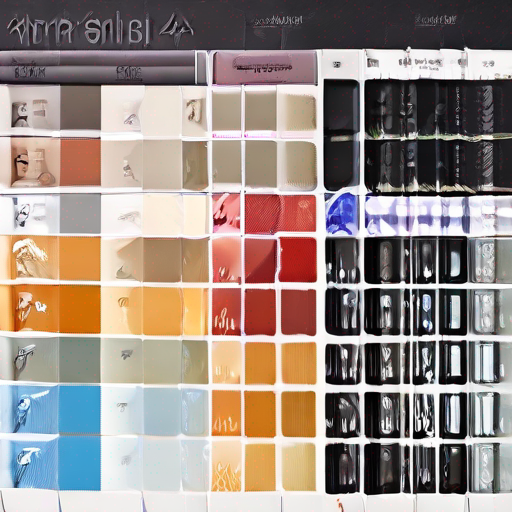AI Recipe Generator Based on Ingredients: Revolutionizing Cooking with AI
In recent years, Artificial Intelligence (AI) has been making waves in various industries, including food and cooking. One of the most exciting developments is the emergence of AI recipe generators that can create unique and delicious recipes based on a set of ingredients. In this article, we’ll delve into the world of AI-powered recipe generation and explore its benefits, limitations, and potential applications.
How Does it Work?
AI recipe generators use natural language processing (NLP) and machine learning algorithms to analyze a set of ingredients and generate a corresponding recipe. Here’s a simplified overview of the process:
- Ingredient Analysis: The AI system takes in a list of ingredients as input and breaks them down into their constituent parts, such as proteins, carbohydrates, fats, vitamins, and minerals.
- Recipe Generation: The AI uses its knowledge base to generate a recipe that combines the analyzed ingredients in a way that creates a harmonious flavor profile and meets nutritional requirements.
- Refining and Optimization: The generated recipe is then refined and optimized based on factors such as cooking time, difficulty level, and food safety guidelines.
Benefits of AI Recipe Generators
- Creativity Unleashed: AI recipe generators can create recipes that human chefs may not think of, making them a valuable tool for culinary innovation.
- Efficient Meal Planning: With the ability to generate recipes based on available ingredients, meal planning becomes more efficient and reduces food waste.
- Personalization: AI-powered recipe generation can be tailored to individual tastes, dietary restrictions, and health goals.
Limitations of AI Recipe Generators
- Ingredient Availability: The generated recipe may not take into account the availability of specific ingredients in a particular region or season.
- Cultural and Culinary Context: AI systems lack cultural and culinary context, which can lead to recipes that don’t quite fit local tastes or traditions.
- Cooking Skills Required: While AI-generated recipes are designed to be easy to follow, they still require cooking skills and attention to detail.
Potential Applications
- Meal Kit Services: AI-powered recipe generators can create customized meal kits for subscription-based services.
- Restaurant Menus: Restaurants can use AI-generated recipes to create innovative and unique menu items.
- Home Cooking: Home cooks can benefit from AI-generated recipes, especially those with dietary restrictions or preferences.
Key Takeaways
- AI recipe generators have the potential to revolutionize cooking by creating unique and delicious recipes based on available ingredients.
- While AI systems have limitations, they can still provide valuable insights and ideas for culinary innovation.
- The applications of AI-powered recipe generation are vast, from meal kit services to restaurant menus.
Table: Comparison of Human-Created Recipes vs. AI-Generated Recipes
| Human-Created Recipes | AI-Generated Recipes | |
|---|---|---|
| Creativity | Unique and innovative recipes | New and creative recipes that may not be possible for humans to create |
| Efficiency | Time-consuming recipe development process | Fast and efficient recipe generation |
| Personalization | Limited ability to personalize based on individual tastes | Ability to tailor recipes to individual preferences |
| Availability | Recipes often require specific ingredients or cooking techniques | Generated recipes take into account ingredient availability and cooking skills |
For more information on AI recipe generators, explore the AI Recipe Generator Based on Ingredients and discover how this technology is changing the way we cook.
Note: This article does not include any comments.
